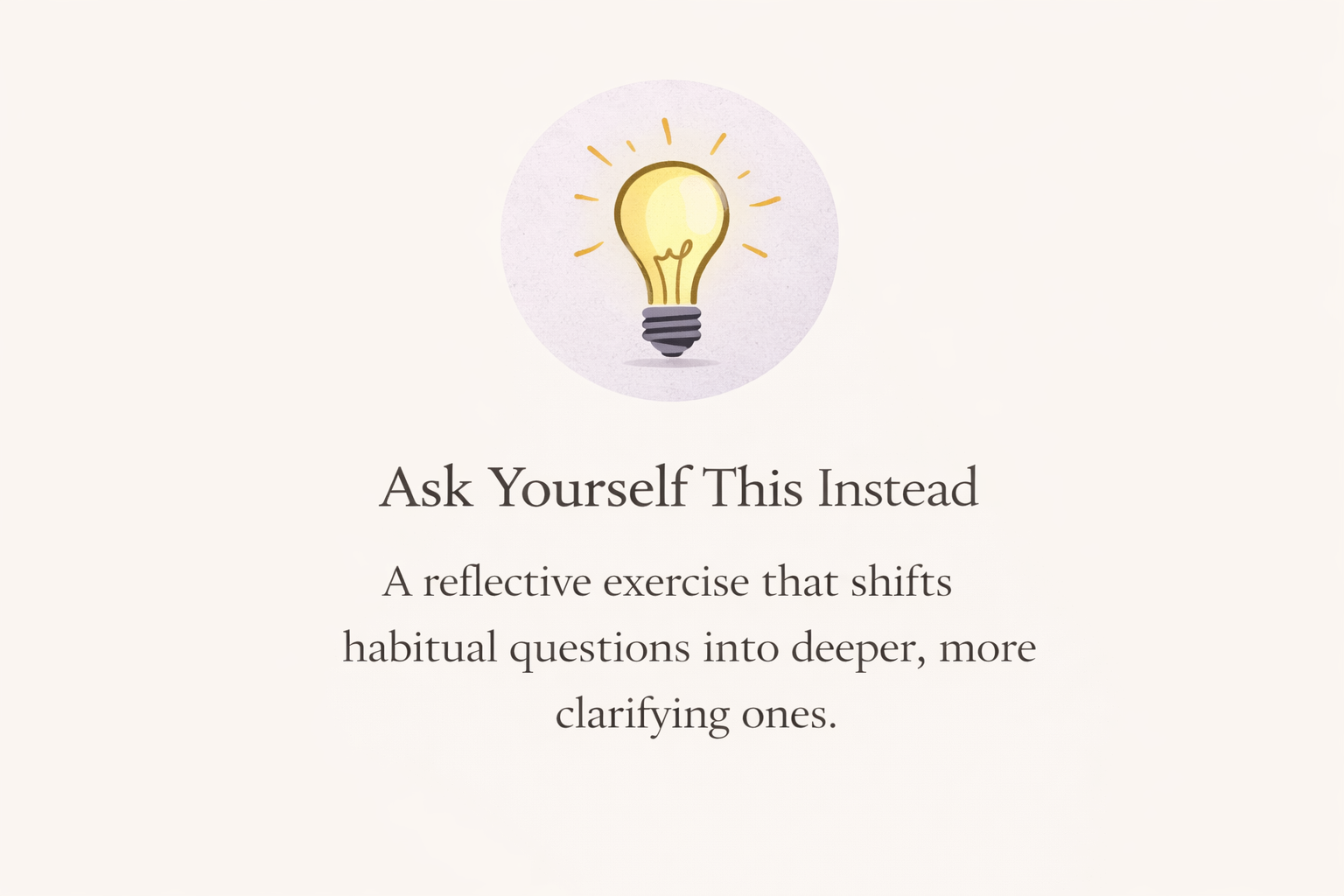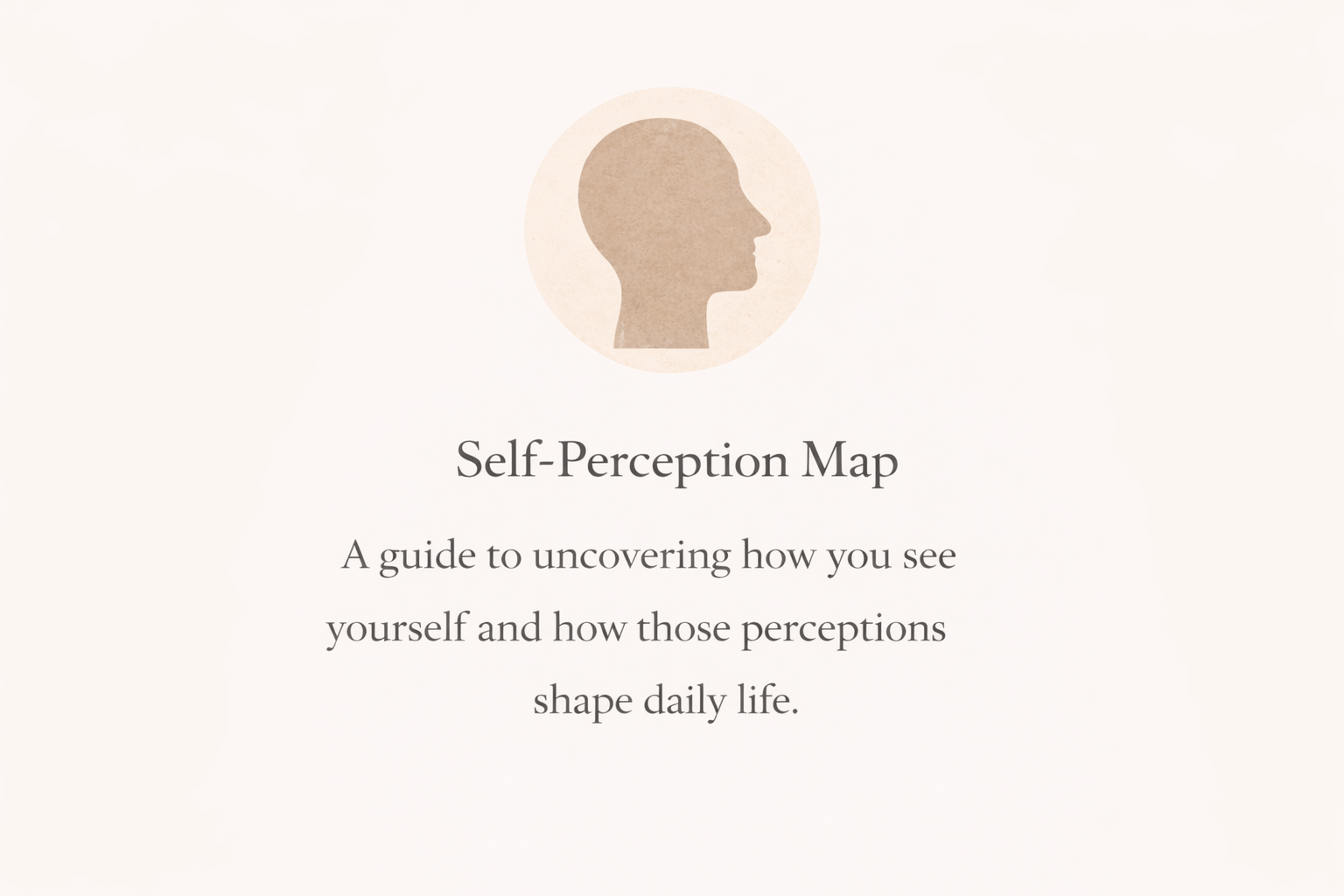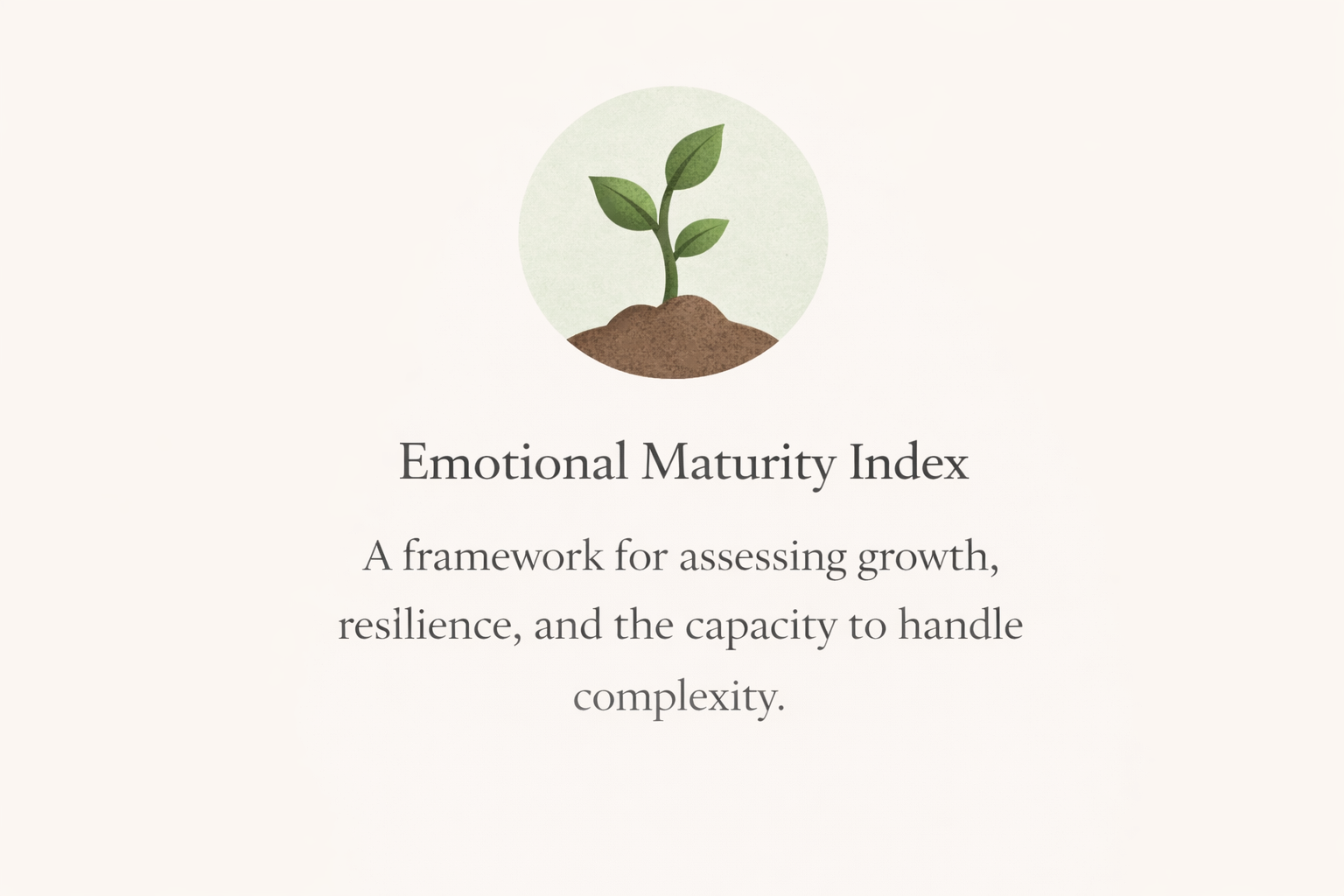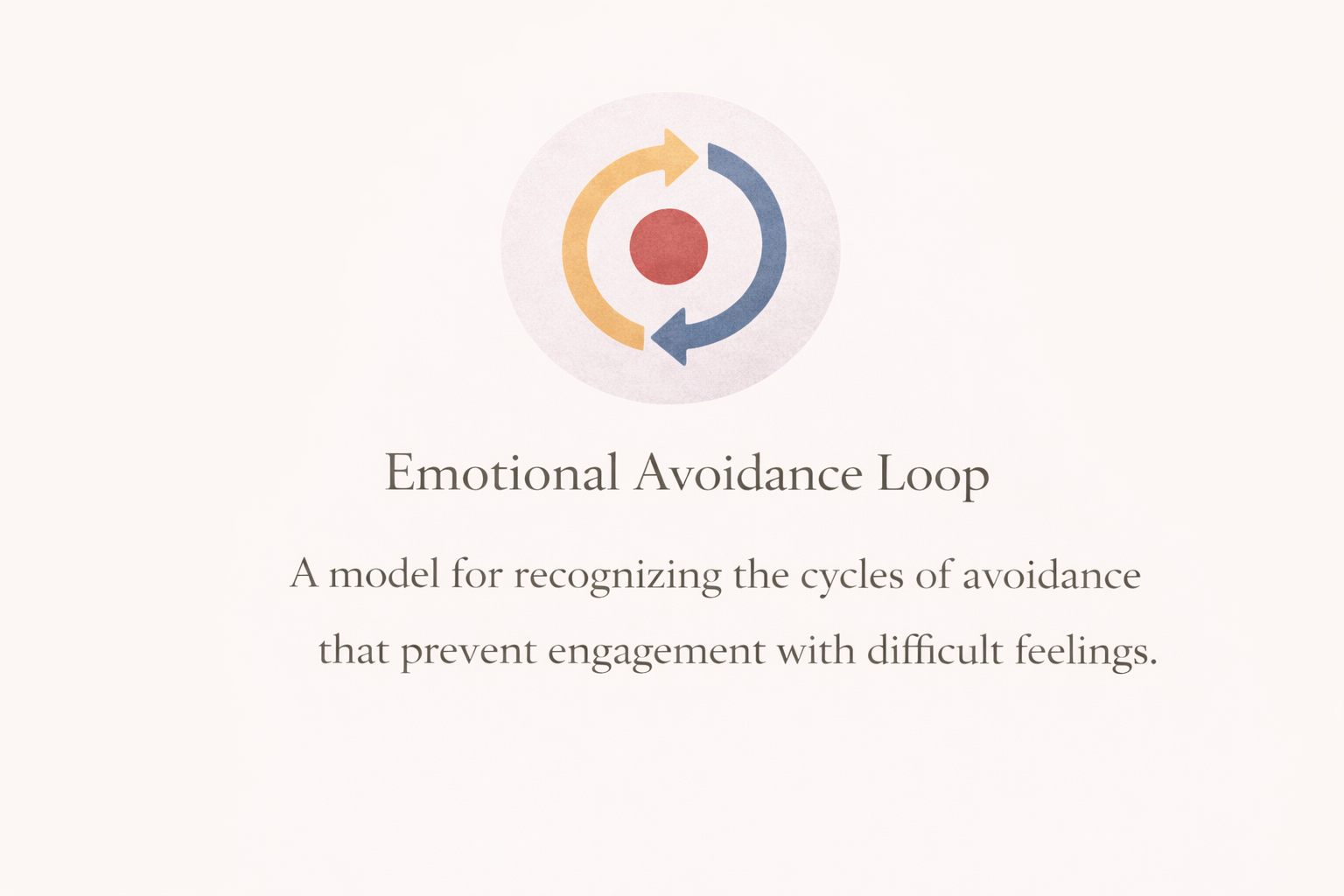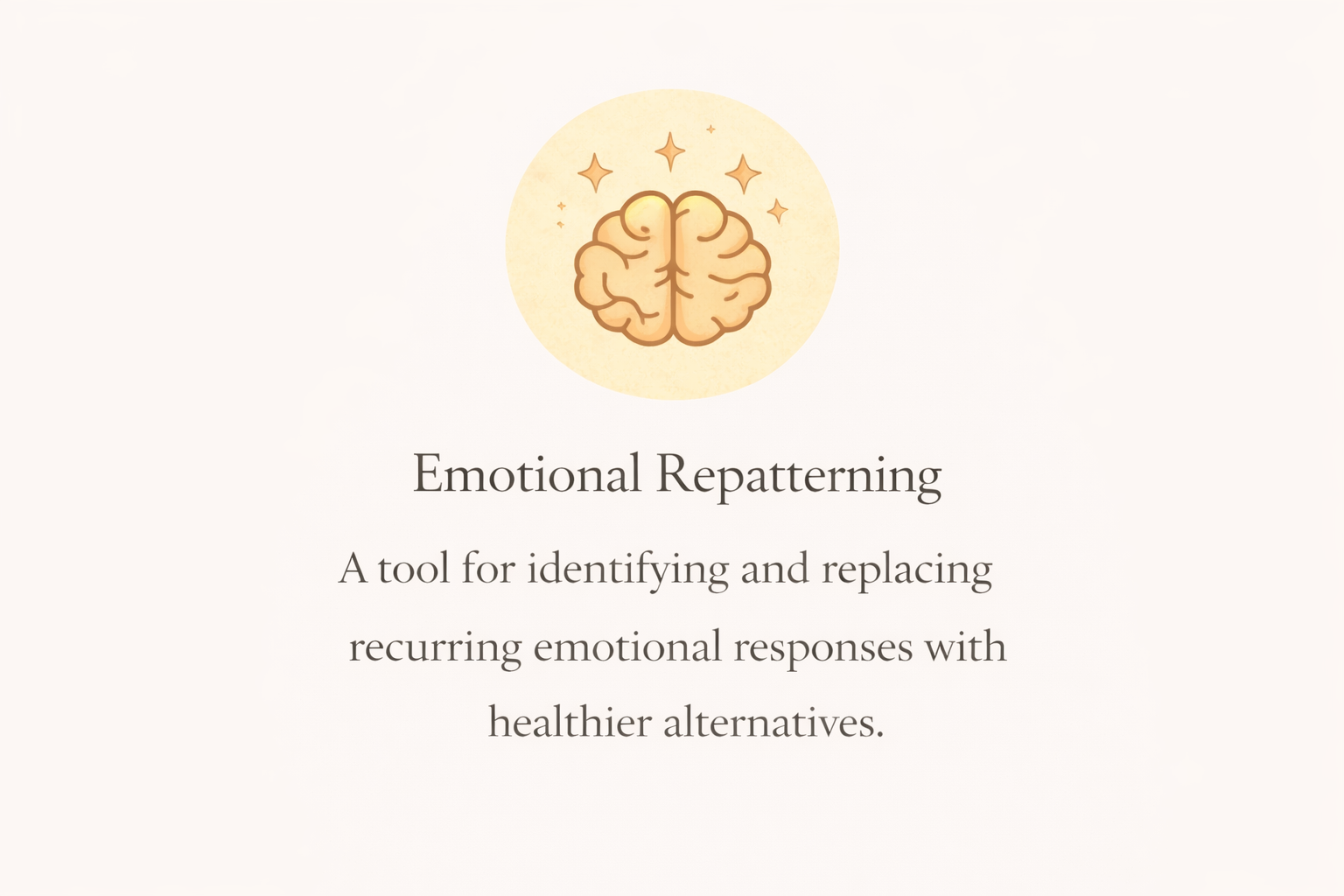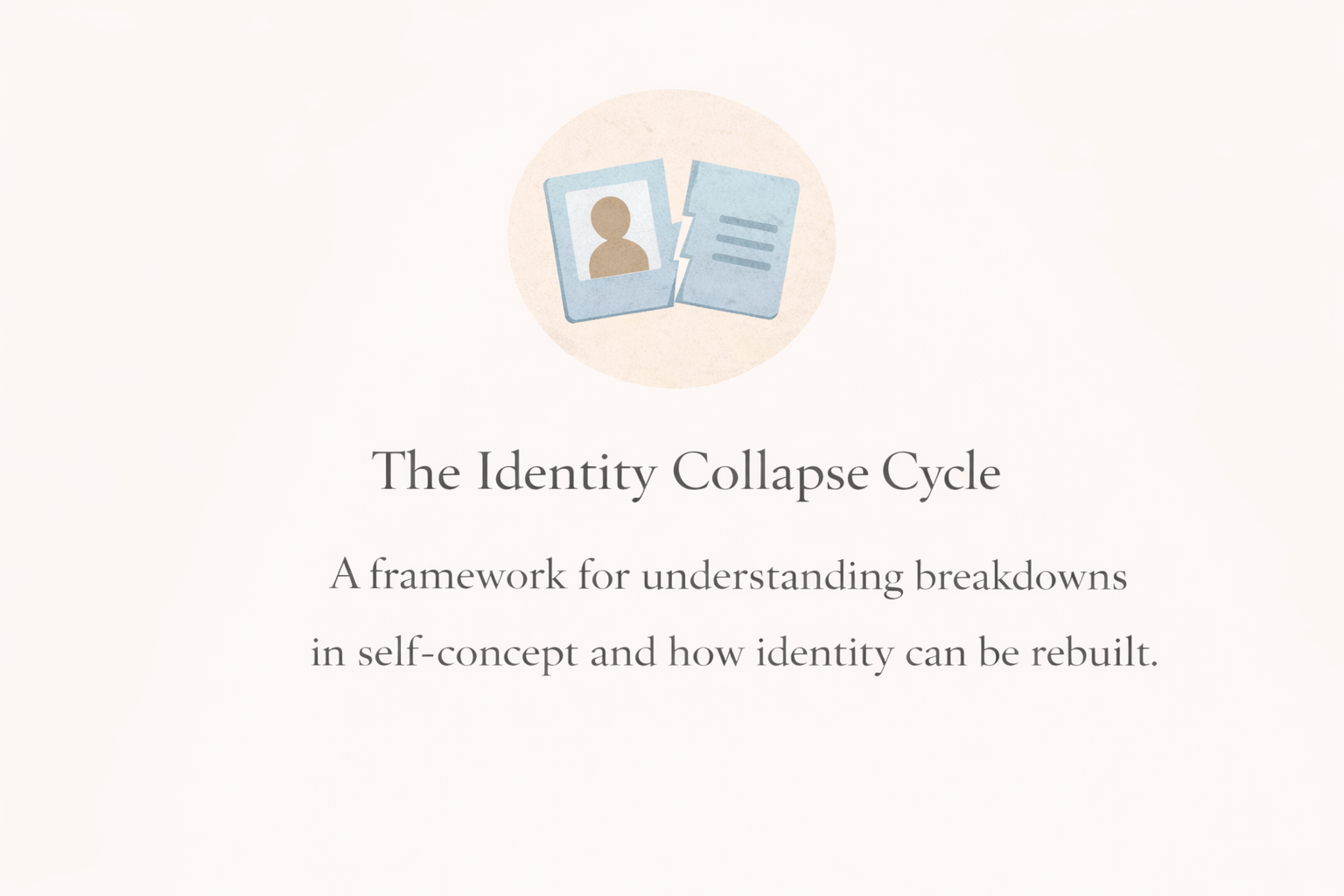
Frameworks for Psychological Understanding
Conceptual tools and structured models designed to clarify experience, deepen self-understanding, and support careful psychological thinking.
These frameworks are designed to guide understanding, not provide answers.
These frameworks are conceptual tools designed to clarify psychological experience. They are not techniques or prescriptions, but structured ways of thinking about emotion, identity, perception, and meaning. They are best used slowly and reflectively—as reference points you return to as your understanding develops.
Each framework links to a full conceptual overview exploring its psychological foundations, applications, and limitations.

